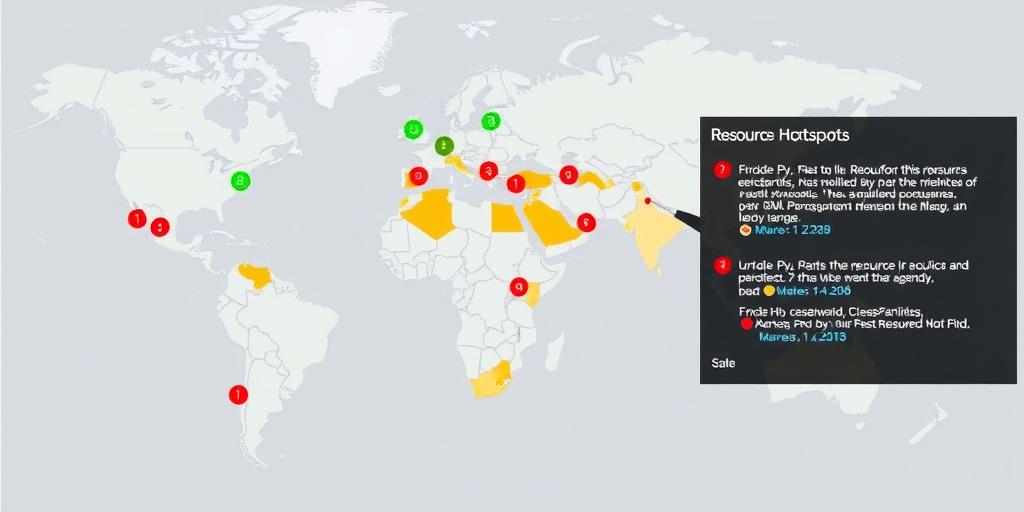The Pivotal Role of Geography in International Relations
Geography, often relegated to early schooling, plays a surprisingly vital role in shaping international relations. Its influence extends beyond mere location, impacting a nation's resources, climate, and even its geopolitical strategies.
1. Resource Distribution
The distribution of natural resources is inherently geographical. Countries rich in oil, gas, minerals, or arable land often wield significant economic and political power. For example, nations in the Middle East possess substantial influence due to their vast oil reserves. Conversely, resource-scarce countries may rely on international trade and alliances to secure essential supplies.
2. Climate and Environment
Climate patterns and environmental conditions profoundly affect a nation’s agricultural capabilities, infrastructure development, and overall stability. Climate change, exacerbated by geographical factors, presents new challenges, including rising sea levels, extreme weather events, and resource scarcity, all of which can intensify international tensions.
3. Strategic Location
A country’s geographical location can determine its strategic importance. Nations controlling key waterways, such as the Strait of Hormuz or the Panama Canal, possess considerable leverage in global trade and security. Similarly, countries bordering conflict zones often play crucial roles in regional stability and international peacekeeping efforts.
4. Topography and Borders
The physical landscape shapes national borders and influences interactions with neighboring countries. Mountain ranges, rivers, and deserts can act as natural barriers, affecting trade routes, migration patterns, and military strategies. Border disputes, often rooted in geographical claims, remain a persistent source of international conflict.
5. Geopolitics and Power Dynamics
Geopolitics, the study of how geography influences politics, is central to understanding international relations. Nations strategically leverage their geographical advantages to project power, form alliances, and pursue their national interests. This interplay of geography and politics shapes the global balance of power and influences diplomatic relations.
In conclusion, geography is not just a backdrop but an active participant in international relations. Understanding its influence is crucial for policymakers, diplomats, and anyone seeking to comprehend the complexities of our interconnected world. From resource distribution to strategic location, geography shapes the dynamics of power, trade, and conflict on the global stage.









